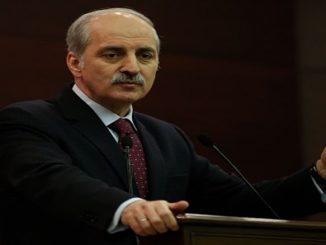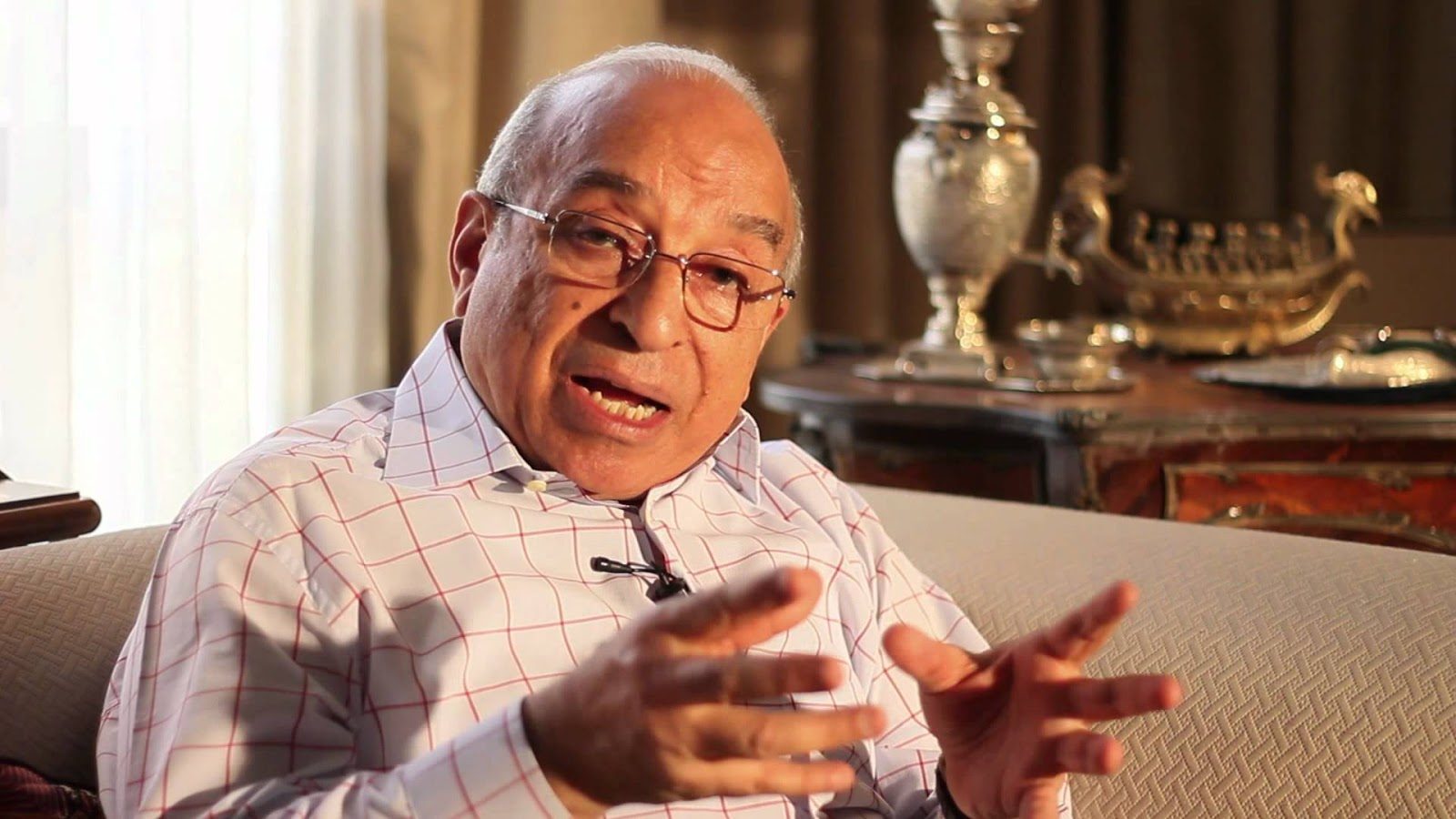
Turkish authorities asked Egyptian opposition media professionals to stop their TV programs broadcast from Turkey, Egyptian opposition media Sources said.
The Turkish request to presenters of influential television programs on the Egyptian street comes amid continuing talks between Cairo and Ankara, with the aim of agreeing on a common vision for regional files, and reaching a reconciliation that ends years of tension that marred the relations between Cairo and Ankara.
Matar confirms
This was confirmed by the Egyptian journalist Moataz Matar, who said during his episode last night, that for the first time he has asked the Egyptian opponents to stop broadcasting their programs, whether on official channels or communication sites.
Moataz indicated, according to the video clip monitored by “Watan”, that this official request was received by the Turkish authorities.
Names of the journalists who are banned from working
In this context, the “Arabi 21” website said that it had obtained the names of the Egyptian media professionals who were asked by the Turkish authorities to stop their programs and media activities in Turkey.
Sources said that the media professionals are Mohamed Nasser, who presents the “Egypt Today” program, and Hamza Zobaa, who presents the “With Zobaa” program, on the complementary channel.
As well as Moataz Matar, who presents the “With Moataz” program, and Hisham Abdallah, who presents the “Ibn Al Balad” program on Al Sharq TV.
The Egyptian opposition journalist, Sami Kamal El-Din, confirmed this, and said in a tweet monitored by “Watan”: “The Turkish authorities have asked Egyptian opposition media professionals to stop their media activity from inside Turkey.”
Egyptian delegation to visit Turkey
And earlier, on Wednesday, well-informed Egyptian sources said that a high-ranking delegation from the Foreign Ministry will soon visit the Turkish capital, Ankara, to follow up on the ongoing negotiations between the two countries.
The sources added that the delegation will continue discussing common issues, the most important of which are Libya, the demarcation of the maritime borders in the eastern Mediterranean, and the normalization of relations between the two countries.
A delegation from the Turkish Foreign Ministry visited Cairo on the fifth of last May at the invitation of Egypt, where the delegation held talks with its Egyptian counterparts described as “exploratory.”
Relations between the two countries have witnessed great tension since the military coup against the late Egyptian President Mohamed Morsi.
However, regional and international developments prompted them to search for common interests, especially after President Biden came to power and signed the Al-Ula agreement for reconciliation between Qatar and the four siege countries, including Egypt.
Previous suspension
Last March, suddenly, opposition Egyptian channels, broadcasting from Istanbul, announced that they would stop showing episodes of many of their political programs.
Opposition Egyptian journalists have indicated on social media that a Turkish communication has been received by these channels in this regard.
In the Turkish city of Istanbul, there are several Egyptian opposition platforms and media, led by Al-Sharq channels, Mekameleen and Watan, that have focused in the past eight years on presenting political programs against the Egyptian regime.
Earlier, Turkish Foreign Minister Mevlut Cavusoglu announced the resumption of contacts between Ankara and Cairo at the diplomatic level, stressing their continuation in the coming days.
The Egyptian Minister of Information, Osama Heikal, also expressed his welcome to the Turkish government’s decision to obligate “anti-Egypt channels” to the media codes of honor.
Heikal described this step as a good gesture from the Turkish side, which creates an appropriate atmosphere for discussing the issues in dispute between the two countries over the past years, stressing that the political differences between Turkey and Egypt do not serve the interests of the two peoples.
Ayman Nour
At the time, the Egyptian politician Ayman Nour, Chairman of the Board of Directors of Al-Sharq Channel, denied the request of the Turkish authorities to shut down the Egyptian TV channels broadcasting from Istanbul.
Nour added that a meeting was held between Turkish officials and representatives of the Egyptian opposition in Turkey, in which they asked to amend the discourse of these channels in line with the media and journalistic codes of honor.
Nour did not rule out transferring the channels to operate from outside Turkey if there was a necessity, stressing that he did not want to pre-empt events.



